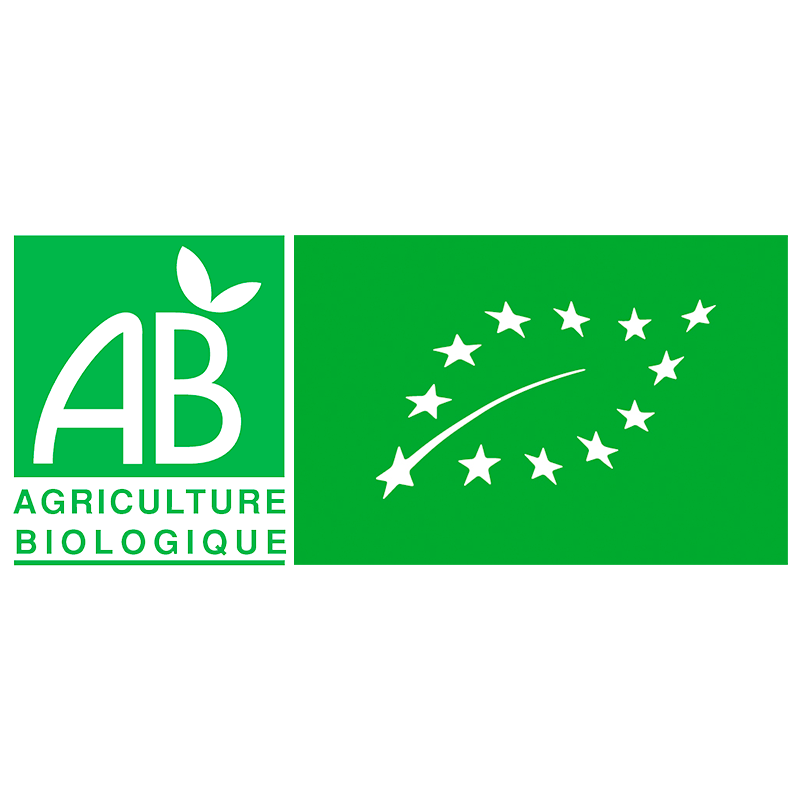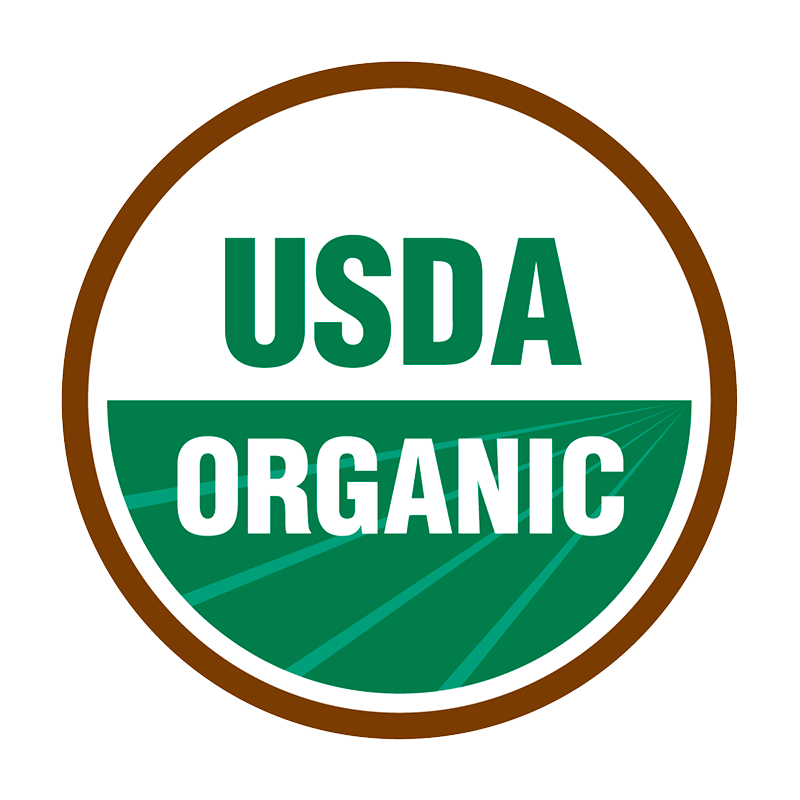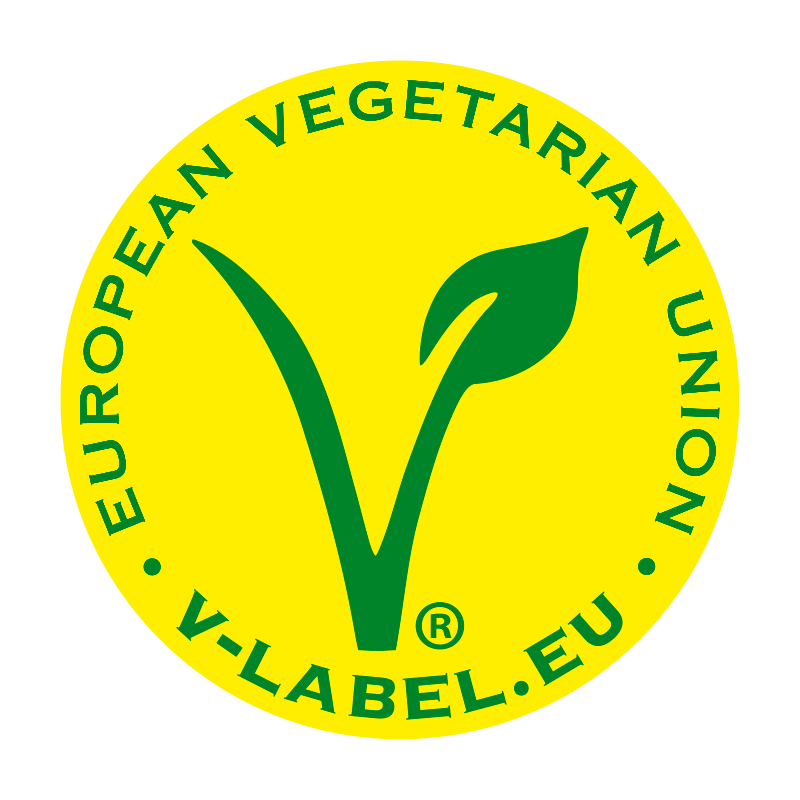Domaine de la Mongestine is a young estate pursuing organic viticulture with biodynamic principles in a region known for mass produced rosé for easy poolside enjoyment. However, new owners Harry and Celine Gozlan envision a project focused on farming with great care and making wines simply. The estate was certified organic in 2014 and is now undergoing the process of transition to biodynamic viticulture as well.
Presentation
Presentation
Further breaking the mold for Provence winemaking, la Mongestine produces their wines with minimal intervention. None of the wines see sulfur until bottling. Native yeast fermentations allow the estate to showcase the different terroirs of their estate. They avoid barrel aging preferring inert tanks and amphora, which allows for micro-oxygenation but does not obscure their terroir.
Terroir
The vineyard is mainly on the clay and limestone soils of North facing slopes (with altitude up to 450 meters) enabling for a longer maturation process preserving freshness in the fruit and acidity.
Winemaking
A blend of Merlot and Vermentino farmed organically on hillside slopes, handpicked, fermented with native yeasts, and bottled with minimal sulfur. A simple approach to winemaking to produce an exemplary and delicious rosé. This is Provencal rosé rebooted.
Ageing
No oak treatment, aged in stainless steel vessels.
Varietals
Merlot : 85%
Rolle : 15%
Rolle : 15%
Specifications
Alcohol content : 11,80 % vol.
Contains sulphites. Does not contain egg or egg products. Does not contain milk or milk-based products.
Contains sulphites. Does not contain egg or egg products. Does not contain milk or milk-based products.



Advice
Serving
T° of service: 12°C / 46°F.
Ageing potential
Enjoy all year long, 2 to 3 years
Tasting
As a young estate, la Mongestine pushes the boundaries of winemaking in their area by making three limited ‘natural’ bottlings (Caudalies Red, Rosé & White) neither of which see any manipulation. This attractive wine aims to do everything 100%. It’s from organic vines and is almost totally Merlot (brightened up by splashes of Rolle). It’s sulfure free and balanced with a crisp texture that sings with red-berry flavors, perfumed acidity and a bright aftertaste.
* All wines contain sulphur dioxide in various forms, described under the general term of sulfites. As much as 10mg/litre of sulfites can be found even in wine made without the addition of sulphur, as during the vinification process, at the fermentation stage, the yeasts produce sulphur naturally.
* All wines contain sulphur dioxide in various forms, described under the general term of sulfites. As much as 10mg/litre of sulfites can be found even in wine made without the addition of sulphur, as during the vinification process, at the fermentation stage, the yeasts produce sulphur naturally.

